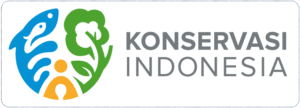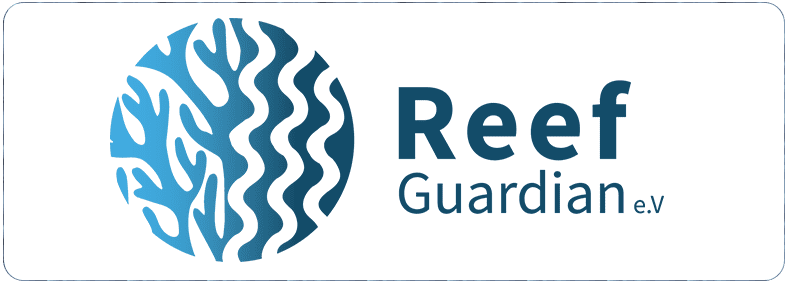Comment are off
The bridging role of non-governmental organizations in the planning, adoption, and management of the marine protected area network in Raja Ampat, Indonesia
Coral reef ecosystems are among the most diverse habitats on earth, providing essential social and ecological services. Raja Ampat, Indonesia - located in the Coral Triangle, the heart of marine biodiversity - has a rich history of traditional management, which included area-based management tools akin to modern marine protected areas (MPAs). Decentralization and restoration of tenure rights in 2001 provided an opportunity for resurgence and stronger recognition of these traditional systems. Conservation non-governmental organizations (NGOs), noting the remarkable biodiversity and increasing threats due to destructive fishing practices, worked with local communities to facilitate community-based MPAs as a conservation strategy. Here we employed a case study approach to assess the specific
bridging strategies utilized by NGOs during the adoption, implementation and management of the Raja Ampat MPA Network. This descriptive case study included six targeted in-depth interviews and other secondary sources. Our results suggest that NGOs played different roles over time in the MPA process. Interviewees identified specific initiatives that occurred during this process, which involved multiple bridging tools. Three of these key initiatives are: the Tourism Entrance Fee System, the Raja Ampat MPA Patrol System, and the Blue Abadi Fund. The specific bridging tools employed included: linking stakeholders, co-producing knowledge, providing access to resources, facilitating community engagement, and building capacity. Recent research has pointed to social and ecological effectiveness of the Raja Ampat MPA Network, which could in part be attributed to the bottom-up approach facilitated by NGOs, including through bridging practices. However, we also note the limitations of this study in only providing an NGO-centric perspective which may be more nuanced if other stakeholder perspectives could have been obtained.
Marine systems, which provide critical ecosystem services, are severely threatened by overfishing, climate change, pollution, and habitat destruction [20,50,91]. Coral reef ecosystems provide extensive
ecological and social benefits including coastal protection, biodiversity conservation, and food security [46,49,65,90,91]; however these ecosystems are among the most threatened [20,46]. Given their ecological value and contributions to community wellbeing, conserving coral reef systems is both locally and globally important. Marine protected areas (MPAs) are one of a number of area-based...
bridging strategies utilized by NGOs during the adoption, implementation and management of the Raja Ampat MPA Network. This descriptive case study included six targeted in-depth interviews and other secondary sources. Our results suggest that NGOs played different roles over time in the MPA process. Interviewees identified specific initiatives that occurred during this process, which involved multiple bridging tools. Three of these key initiatives are: the Tourism Entrance Fee System, the Raja Ampat MPA Patrol System, and the Blue Abadi Fund. The specific bridging tools employed included: linking stakeholders, co-producing knowledge, providing access to resources, facilitating community engagement, and building capacity. Recent research has pointed to social and ecological effectiveness of the Raja Ampat MPA Network, which could in part be attributed to the bottom-up approach facilitated by NGOs, including through bridging practices. However, we also note the limitations of this study in only providing an NGO-centric perspective which may be more nuanced if other stakeholder perspectives could have been obtained.
Marine systems, which provide critical ecosystem services, are severely threatened by overfishing, climate change, pollution, and habitat destruction [20,50,91]. Coral reef ecosystems provide extensive
ecological and social benefits including coastal protection, biodiversity conservation, and food security [46,49,65,90,91]; however these ecosystems are among the most threatened [20,46]. Given their ecological value and contributions to community wellbeing, conserving coral reef systems is both locally and globally important. Marine protected areas (MPAs) are one of a number of area-based...





































